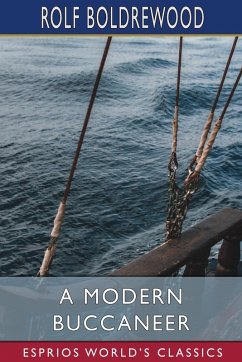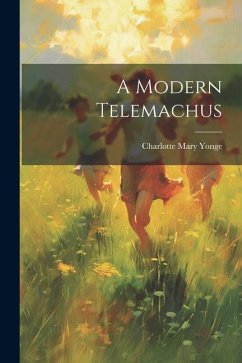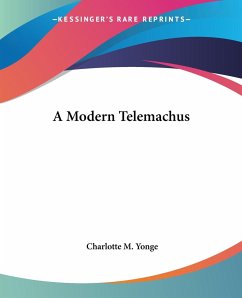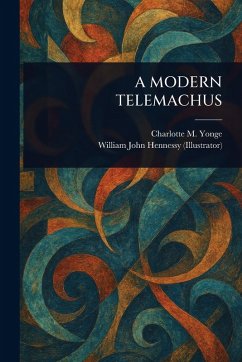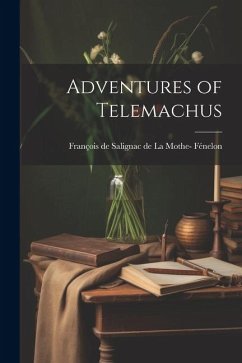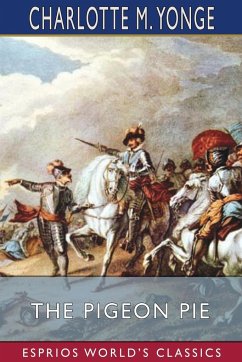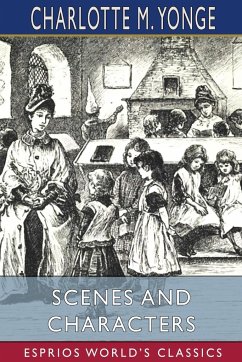Nicht lieferbar
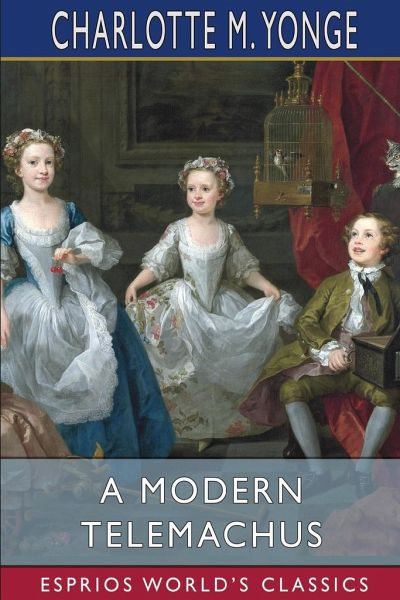
A Modern Telemachus (Esprios Classics)
Versandkostenfrei!
Nicht lieferbar
Charlotte Mary Yonge (1823-1901), was an English novelist, known for her huge output. She was devoted to the Church of England, and much influenced by John Keble, a near neighbour and one of the leaders of the Oxford Movement. Her novels reflected the values and concerns of Anglo-Catholicism. She began writing in 1848, and published during her long life about 100 works, chiefly novels. Her first commercial success, The Heir of Redclyffe (1854), provided the funding to enable the schooner Southern Cross to be put into service on behalf of George Selwyn. Similar charitable works were done with t...
Charlotte Mary Yonge (1823-1901), was an English novelist, known for her huge output. She was devoted to the Church of England, and much influenced by John Keble, a near neighbour and one of the leaders of the Oxford Movement. Her novels reflected the values and concerns of Anglo-Catholicism. She began writing in 1848, and published during her long life about 100 works, chiefly novels. Her first commercial success, The Heir of Redclyffe (1854), provided the funding to enable the schooner Southern Cross to be put into service on behalf of George Selwyn. Similar charitable works were done with the profits from later novels. She was also editor, for nearly forty years, of a magazine for young ladies, the Monthly Packet with a varied readership, but targeted at British Anglican girls.






